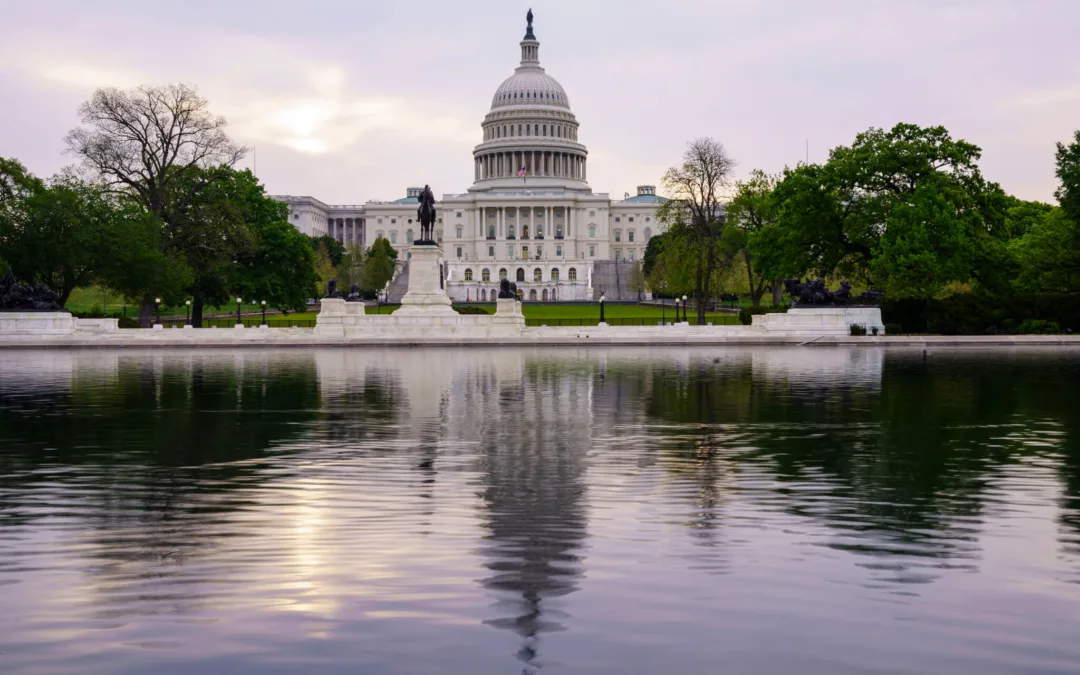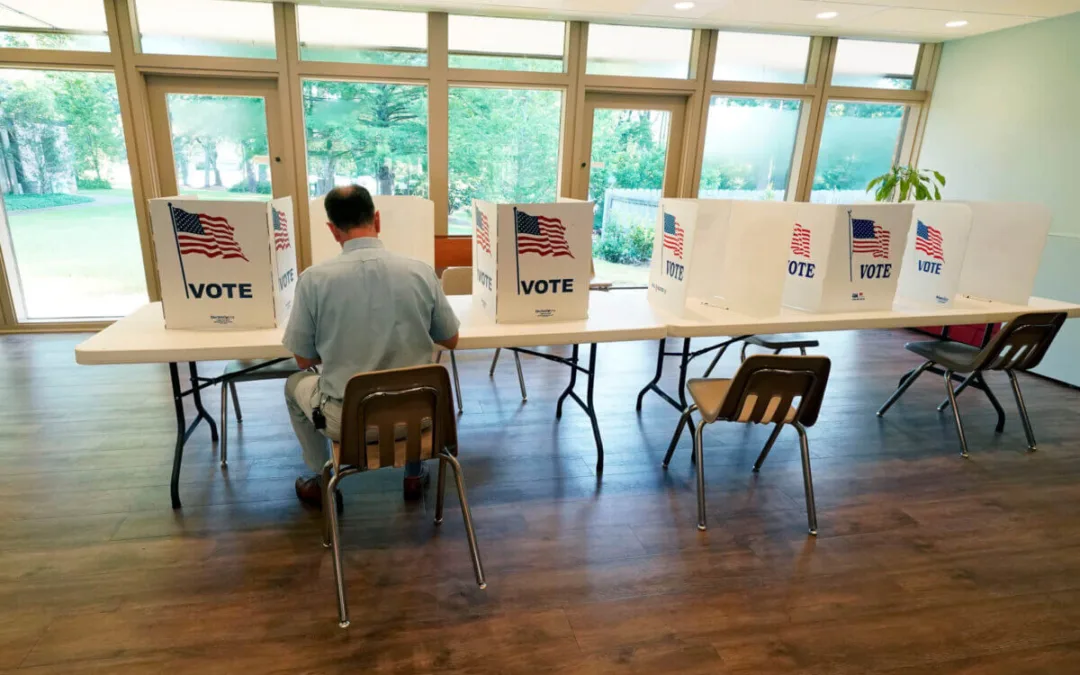
Image by Nicolaus Czarnecki/Boston Herald
Conflicted voters might want to think of the election as choosing the best of two alternatives.
Voters who do not agree with President Donald Trump or Democratic candidate Joe Biden may want to write-in a third-party candidate as a way to react against the political system or voice an opinion that neither candidate speaks to them. Advocates say this way of voting harms democracy, negates their vote, and exhibits “privileged” behavior.
RELATED: Mail-In Ballot Mix-Ups: Here’s How Much You Should Really Worry
Proof of this effect are the 2016 presidential election results, when President Donald Trump won Michigan by 10,000 votes. Approximately 172,136 voters in the state voted for Gary Johnson, and another 51,463 voted for Jill Stein. The election results that year had similar outcomes in Pennsylvania and Wisconsin. Similar third-party results occurred in the 2012 and 2008 elections.
Chuck Rocha, political strategist and former advisor to Sen. Bernie Sanders, said in an interview with The Americano that writing in a candidate can be counterproductive when an election is close between two major party candidates in a particular state. Rocha added that voters who write-in a candidate are demonstrating their “entitlement.”
“It’s just an absurd place of privilege, and I don’t have any idea why somebody would do that to their fellow Americans,” Rocha said. “It’s a point of exponential privilege that even if you don’t agree with a candidate a hundred percent, our democracy is set up to hold those people accountable.”
RELATED: Here’s Everything Florida Voters Need to Know About Voting by Mail
Rapper Kanye West boasted on Twitter that some people were writing in his name on their voting ballot rather than voting for Trump or Biden. Voters seeking to write-in a presidential candidate, depending on where they live, may not even get the chance to do so. While some states restrict ballot access, other states do not provide for third-party write-in candidates. In those states, any third party candidate must file a letter of intent with the local director of elections at least five days before the general election.
Emily Kirkland, executive director of the equity initiative Progressive Arizona, told The Americano that writing in a candidate who has no intention of becoming president of the United States or isn’t registered to run for office is essentially the same as not voting at all.
Kirkland said one of the biggest misconceptions conflicted voters have is that voting for a presidential candidate will define who they are as a person—so some people choose not to vote or write in a third party.
“There is a sense that voting is an act of self-expression, and it’s really a strategic act,” Kirkland said. “In our culture, there’s a sense that voting is a way of defining what your values are, and the truth is that it is more about picking a terrain on which we fight.”
Kirkland said voting is one aspect of being civically involved—like other forms of civic participation including protesting and organizing. She commented that voters might think “neither of these candidates speaks to my values,” so they will choose not to vote, or they write-in a third party. The advocate, however, suggested that conflicted voters should think of the election more along the lines of “this person would be better in power than the alternative.”
As a Sen. Sanders supporter, Rocha agrees. He said any voter thinking about writing in Sanders as a third party candidate must listen to the senator himself, who has said, “we must defeat Donald Trump.”
“Democracies are never perfect,” Rocha said. “They are set up for your voice to be heard. Vote for somebody who has a voice at the table and demand them to fall in line with the ideological values you reflect. Then we can debate about how we can get there. That’s what democracies are about.”
Politics

Teamsters and UPS Reach Tentative Deal to Avoid Strike, 340,000 Workers to Get Raises
The tentative deal represents a huge win for full- and part-time UPS Teamster workers, who would get significant pay raises and better working...



One Republican Senator Is Blocking 265 Military Promotions, Leaving the Marines Without a Confirmed Leader
Sen. Tommy Tuberville's decision means these military officers are not getting the pay raises they’re owed, cannot move their families to wherever...
Local News



Teamsters and UPS Reach Tentative Deal to Avoid Strike, 340,000 Workers to Get Raises
The tentative deal represents a huge win for full- and part-time UPS Teamster workers, who would get significant pay raises and better working...



One Republican Senator Is Blocking 265 Military Promotions, Leaving the Marines Without a Confirmed Leader
Sen. Tommy Tuberville's decision means these military officers are not getting the pay raises they’re owed, cannot move their families to wherever...




